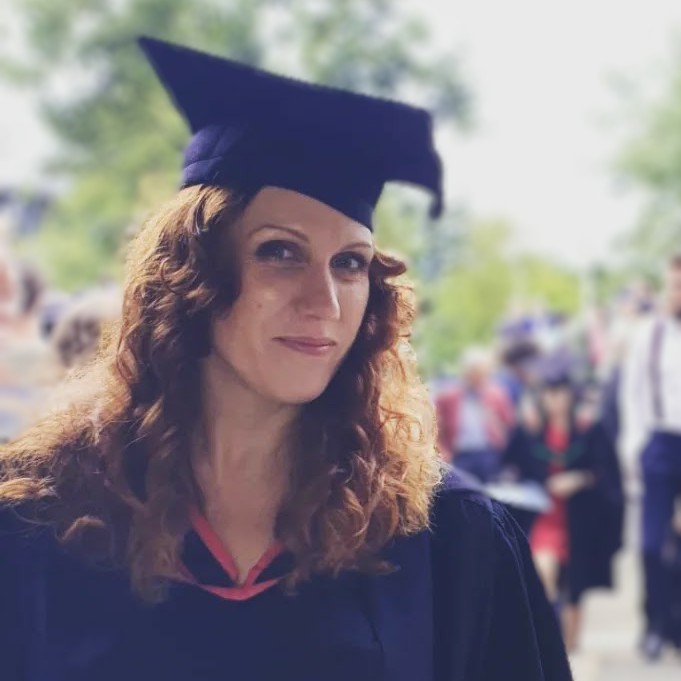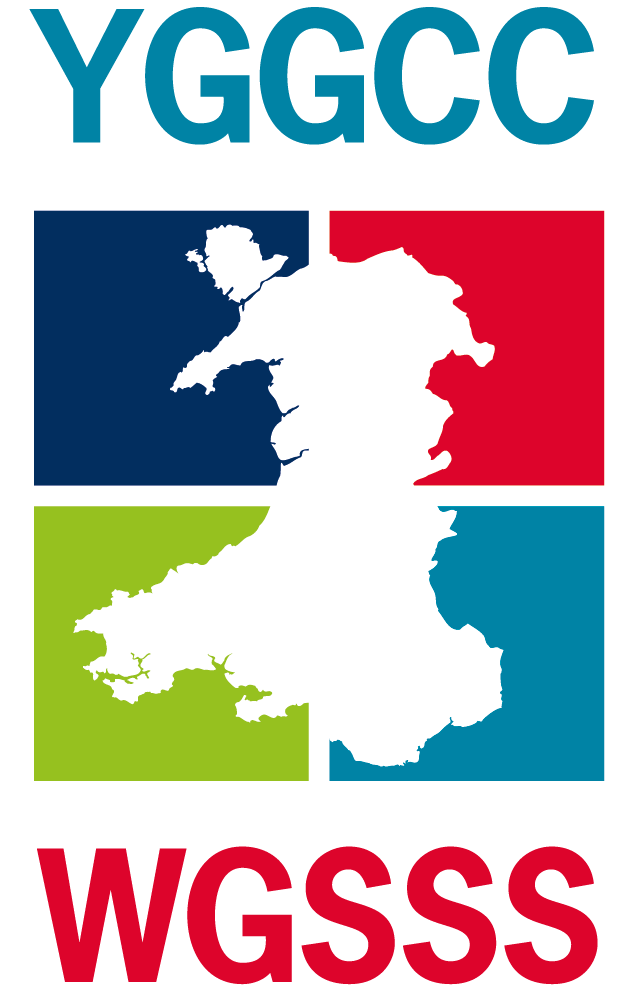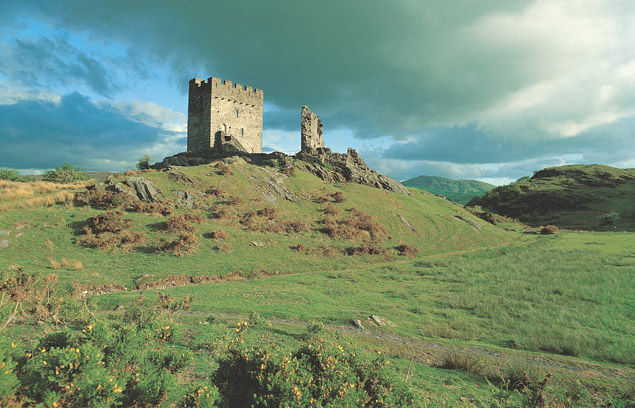
WGSSS student Kirsty Usher writes about her 6-month part-time placement at Cadw.
I am writing this with the hope to encourage anyone who, like I was, not sure if the ESRC funded internship is for them. My situation is that I am a mature student and mother to two young children. I also live in Aberystwyth which is quite literally at the end of the line if you come by train. Your situation may differ, but what you might recognise to be similar, is that you have outside responsibilities or a locality which you feel might inhibit you from taking advantage of this opportunity.
The internship I went for was a project unrelated to my own PhD research, but it was an existing academic interest of mine. I also recognised how it might benefit my own research with a new perspective, as there were some overlaps. It was for the Welsh Government, with Cadw, working on a literature review of wellbeing and the historic environment in the UK. I was excited to explore my other interests in this way and was delighted to have been granted the opportunity to do it.
The Reality
Because of the new approaches to remote working in the employment sector, resulting from the many adaptations required after the advent of Covid 19, I knew this could benefit my needs as mother of a toddler and limited childcare options.
In the application process I made it very clear of what my limitations were with my situation, this was fairly and sympathetically acknowledged and did not hinder the process. Of course this was only one aspect of it and I did not linger, ensuring I highlighted my strengths and capabilities overall.
But I would state again, it’s important to be clear about what is realistically possible for you. I would have loved the opportunity to regularly travel down to Cardiff for meetings and such, but the reality was I had to, and wanted to more importantly, remain in Aberystwyth for school runs and looking after my toddler. Not to say that I couldn’t adapt childcare arrangements, which I did with my partner. I also negotiated with my university to switch to part time for the 6-month duration of the internship. This meant I could give a clear set of available working hours for the internship, whilst giving myself a manageable workload and that all important work-life balance. Because despite having been full time for the PhD, my existing routine included evening work, and I understood governmental work contracts expected you to work within certain time frames.
The Practicalities
Aberystwyth has its own Welsh Government offices, so I was able to agree with my supervisors to attend the office once a week, or as often as I could manage. This was how I met with my supervisors who made the effort to travel from two ends of Wales to meet and welcome me. I think I was very lucky to have had two very lovely and incredibly professional, generous women. They regarded me with intelligence and respect, it gave me confidence where I was understandably nervous and unsure of what their expectations were of me.
The project itself began to evolve through weekly consultation with my supervisors. It began as a literature review, basically not trying to reinvent the wheel but to gather all existing data around the UK and apply it to Wales. But as my own research developed into the area and my supervisors suggested other staff within Cadw to meet with and discuss their roles and how the wellbeing agenda came into them, the project began to develop into more of a qualitative research-based approach. Largely led by interviews, I began to compile a list of wellbeing projects in Wales, of which it turns out there are many. I was able to sit in on a meeting between all five historic preservation organisations in the UK and Ireland. I interviewed professionals from Public Health Wales and the National Academy for Social Prescribing. It was a wealth of discovery and my only regret is I didn’t have longer to spend on the project. Also most of this I was able to do from home.
The Benefits
Going part time with the internship, and doing something so completely fresh and different, gave me a much-needed breather from my own PhD project. I had been struggling with that old familiar spectre of imposter syndrome, and this experience quite honestly absolved me of that. The opportunity to interview professionals and specialists in their working environment and to successfully interact with them, reminded me of my own capabilities.
The experience as a whole gave me confidence in myself, the interactions with others I think was key. Even though most of it was online, it still counted and was invaluable. The insight into this particular sector was fascinating, to better understand the machinations, but also the people behind an organisation such as Cadw.
This was a hugely beneficial experience which has left me refreshed and optimistic about the future. In terms of other types of career prospects outside of academia and raring to go with my own research. And most importantly, I now have a working knowledge of these ideas, as opposed to just academic, and how they are being applied in the policy driven world of government

